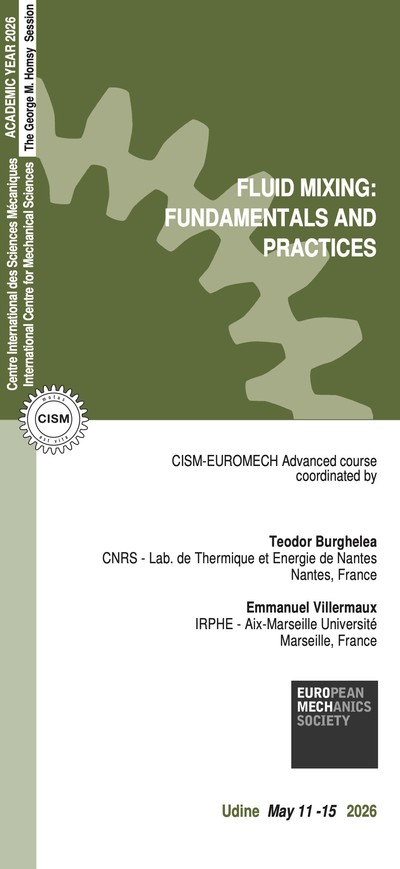F.D. Fischer, J. Svoboda, H. Petryk, Thermodynamic extremal principles for irreversible processes in Materials Science, Acta mater., 67, 1-20, 2014.
F.D. Fischer, K. Hackl, J. Svoboda, Improved thermodynamic treatment of vacancy-mediated diffusion and creep, Acta mater., 108, 347- 354, 2016.
K. Hackl, U. Hoppe, D. Kochmann, Variational modeling of microstructures in plasticity
In: J. Schröder, K. Hackl (Eds.): Plasticity and beyond: microstructures, crystal-plasticity and phase transitions, International Centre for Mechanical Sciences: Courses and lectures, 550, Springer, 65–129, 2014.
J. Besson, G. Cailletaud, J.-L. Chaboche, S. Forest, Non-Linear Mechanics of Materials. Solid Mechanics and its Applications. Springer Netherlands. ISBN: 9789048133567.
T. Waitz, T. Antretter, F.D. Fischer, N.K. Simha, H.- P. Karnthaler, Size Effects on the Martensitic Phase Transformation of NiTi Nanograins, J. Mech. Phys. Solids , 55, 419-444, 2007.
C. Kuhn, R. Müller, A discussion of fracture mechanisms in heterogeneous materials by means of configurational forces in a phase field fracture model. Comput. Methods Appl. Mech. Engng. 312, 95-116, 2016.
6 lectures on: Martensitic transformation, development of microstructures, kinetics based on thermodynamics, comparison with experiments and still existing solution concepts.
5 lectures on: Introduction to thermodynamics of materials. Irreversible processes, thermodynamic potential, Gibbs energy, dissipation, dissipation function, extremal principles, configurational forces. Workshop with participants.
6 lectures on: Formulation of variational concepts based on extremal principles, application to inelastic materials, application to the evolution of microstructures.
6 lectures on: Configurational Forces and Phase Field modelling, application to multiphysics problems in materials and to defects (as cracks, point defects, and dislocations), discussion in relation to evolution concepts.
6 lectures on: Thermodynamic Extremal Principle (TEP), application of TEP to diffusive and growth processes in continuous and in discrete form, discussion in relation to still existing evolution concepts.
* Italian VAT is 22%.





